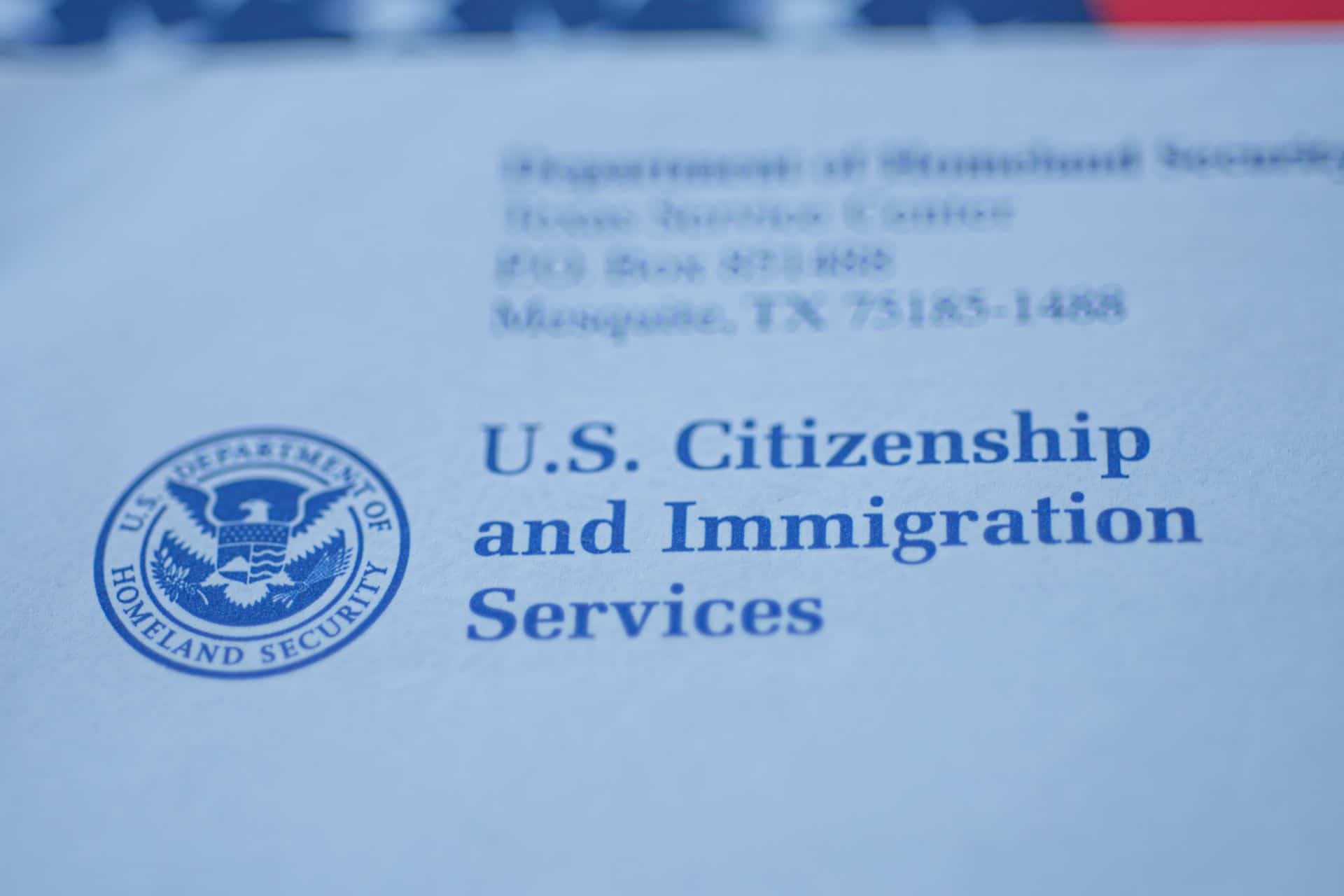The USCIS Public Charge resources website has been updated, with a focus on reducing fear and confusion among immigrants and establishing trust in the legal system. The Department of Homeland Security (DHS) will most likely publish an updated rule in July or August of 2022 regarding the public charge ground of inadmissibility, which will replace the currently observed 1999 Interim Field Guidance.
The section titled “A Short List of Essential Questions and Answers About Public Charge” goes through things like the relevance of COVID-19 related services to public charge, the 2019 Public Charge Final Rule, and situations that are exempt from the public charge ground of inadmissibility. It explicitly states that some healthcare, including free COVID-19 vaccination and testing, Medicaid and other public health insurance programs, and public assistance for healthcare are not considered. USCIS encourages all people to get vaccinated for COVID-19 and seek necessary healthcare regardless of immigration status. Additionally, the website clarifies that the “public benefits condition” of the 2019 Public Charge Final Rule, which is no longer in effect, is no longer applied. Along with this comes the “Declaration of Self-Sufficiency” (I-944 form) is no longer required for applications.
Public charge as a noncitizen is defined by someone “who has become or is likely to become primarily dependent on the government for subsistence” and is primarily defined by receipt of public cash assistance. This does NOT include non-cash services like Medicaid, Children’s Health Insurance Program, nutrition, housing, energy, emergency disaster relief, and education. Services that fall under the category of public cash assistance include supplemental security income, cash assistance under Temporary Assistance for Needy Families (TANF), and state/local cash assistance programs.
Exemptions to these grounds include refugees and asylees, victims of human trafficking or criminal activity, those seeking temporary protected status/registry, those seeking recognition as American Indians born in Canada, and self-petitioner under the Violence Against Women Act (VAWA).
Beyond the short list of 10 prioritized questions, the website also includes more thorough information about the public charge, the 1999 Interim Field Guidance, pandemic-related benefits, receipt of other immigrant benefits, and deportation. See the USCIS Public Charge webpage for more information.
If you have questions about public charge resources or any other immigration-related issue, contact us. We have extensive experience in helping our clients achieve their desired outcomes. We are with you every step of the way.

